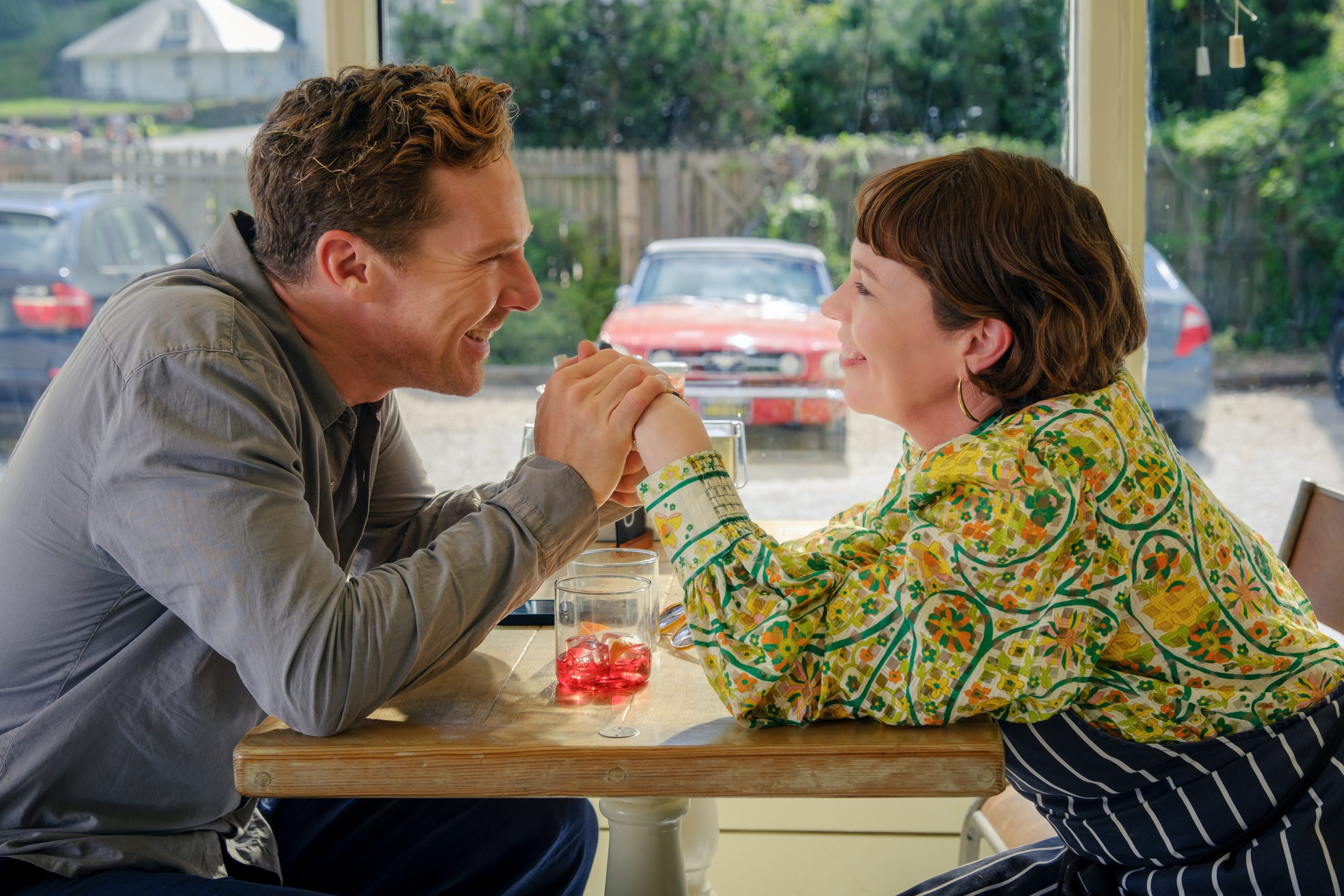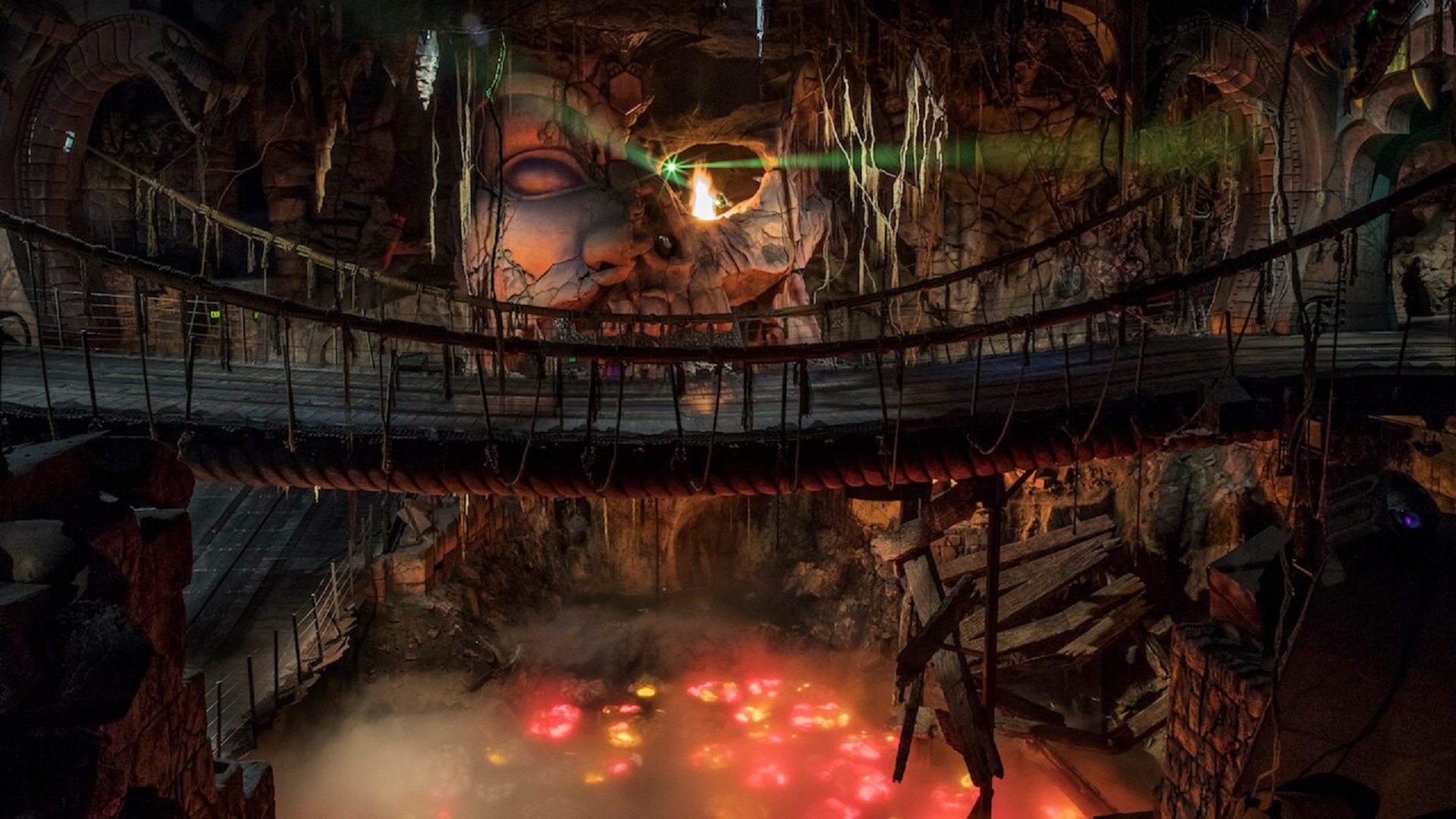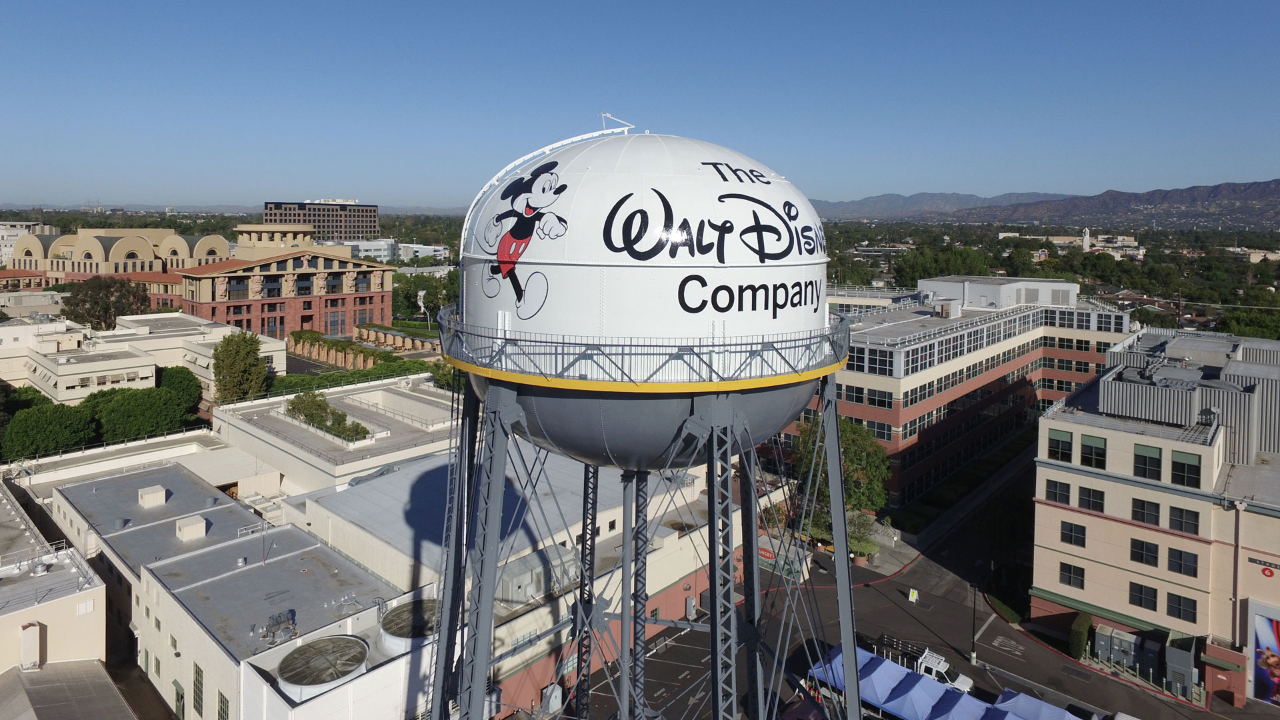Remakes and new adaptations of works can be tricky. The Roses is a new iteration of Warren Adler’s The War of the Roses. It’s also a remake of the 1989 film of the same name. Its intention is to be a “fresh incarnation [that] taps into the raw, often absurd messiness of modern relationships and family with a contemporary lens.” With this in mind, there are some differences between the films, one of which is that The Roses is a bit less dark than its predecessor. Does that work for this story? I think it does, read on to see why.
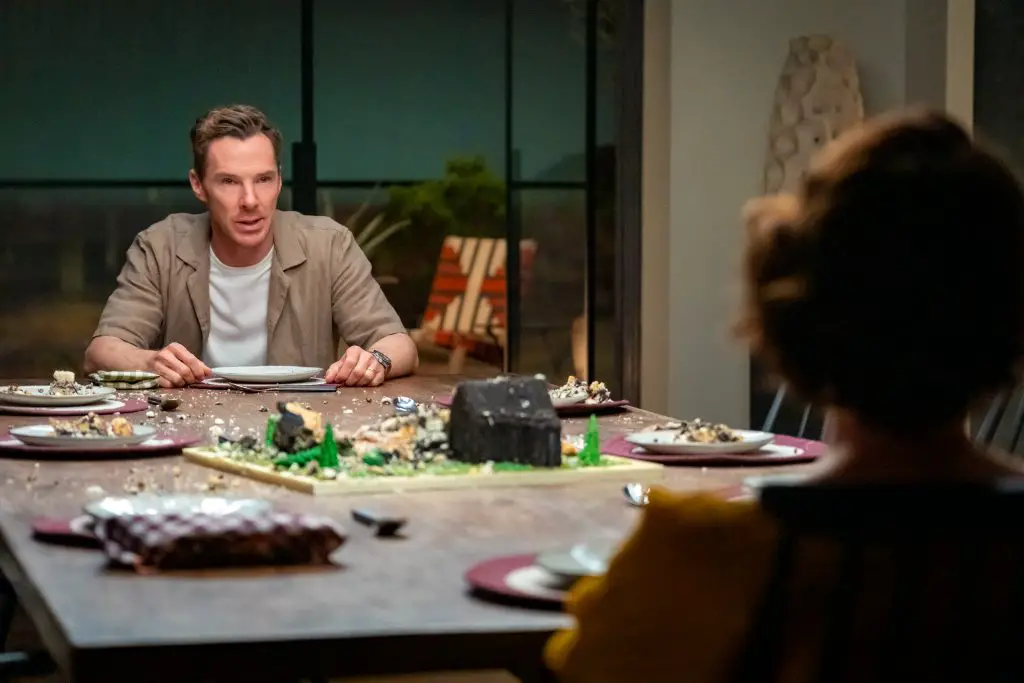
In The Roses, “life seems easy for picture-perfect couple Ivy and Theo: successful careers, a loving marriage, great kids. But beneath the façade of their supposed ideal life, a storm is brewing – as Theo’s career nosedives while Ivy’s own ambitions take off, a tinderbox of fierce competition and hidden resentment ignites.”
Tonally, The Roses feels very different from The War of the Roses. “The tone is unique, it’s basically real life,” says director Jay Roach in the production notes. “I often use humor to navigate tough moments, and I think people in relationships who can joke and tease their way through awkward or tense situations show signs of a healthy bond. But this film explores how that love language can turn from teasing to outright attack—and sometimes, it’s hard to tell the difference.” This obviously escalates throughout the film, but you get the feeling that with the latter film, the couple may not have ever been in love, but rather lust. Whereas in the new iteration, what once worked ceased to when Theo and Ivy’s roles in the marriage changed. Producer Leah Clarke further built on this by saying, “Tony [screenwriter, Tony McNamara] really identified that the forces tearing a marriage like this apart were very different now – ambition, desire for perfection, individualism and a desire to be (seen to be) successful – it can be tricky to maintain a partnership with all this going on for both people.”
Speaking of their roles, I appreciated that The Roses gave Ivy more agency than Barbara had. Instead of being a homemaker with a side hustle, they gave her a full career and made her the breadwinner. Her finding success when Theo loses his is a coincidence that causes the series of events that follow. I prefer the realism in how they handle things versus how it was depicted in the older film. These differences, among some of the other changes, give us a more updated version of the story. Tony McNamara compared this to marriages of the past, “there were fewer messages telling people they had to be special. You could live a good, happy life—and if marriage and kids worked out, that was enough. But for Theo and Ivy, as artists today, the pressure is different. The capitalist system pulls at people, pulls them apart. It’s not great for a happy marriage.”
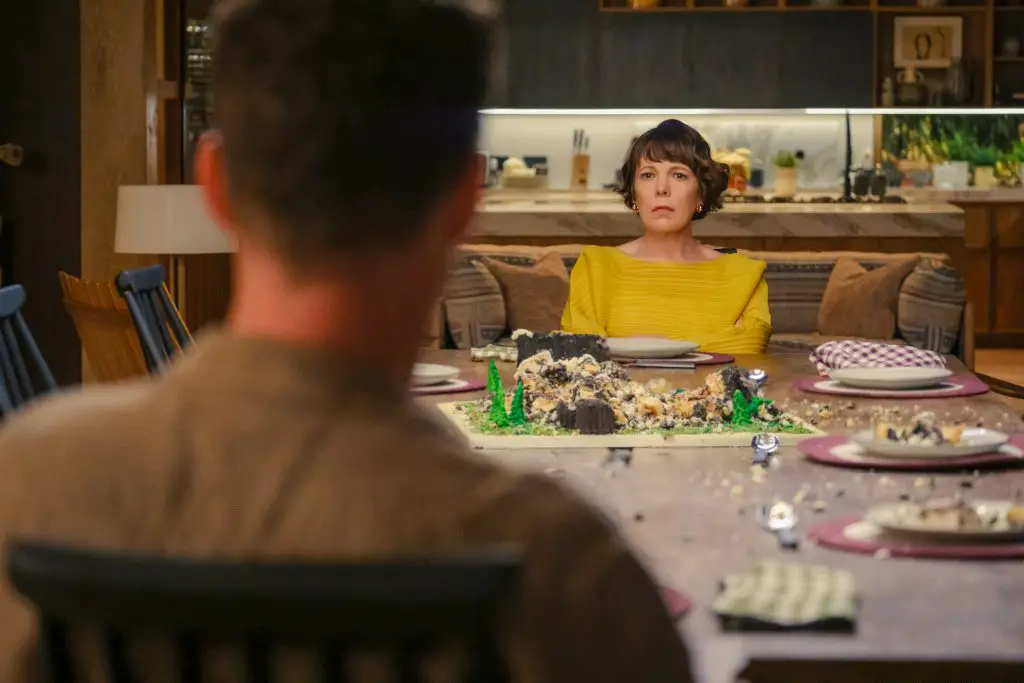
Speaking of marriages, the chemistry that Benedict Cumberbatch and Olivia Colman have in the film is on par with the chemistry of Michael Douglas and Kathleen Turner. They feel like a couple you know and might even see a bit of yourself in. You really want to cheer for their marriage to figure itself out, and with a good outcome. Both are flawed, but not to the point where you hate them. You just want them to figure their stuff out.
While I find a lot to like about the film, there were a couple of gripes that I had. First, the emphasis on the children eating sugar and not becoming unhealthy was toned down from the 1989 version, but it still felt a little tone deaf, and sending them to an athletic school instead of college was unnecessary. Also, as much as I enjoy Andy Samberg and Kate McKinnon, their replacement of Danny DeVito and his character’s wife was too over the top. I can see the argument for modernizing the character’s bit, but the humor overstayed its welcome, and McKinnon’s constant come-ons to Theo were overplayed.
It’s also worth mentioning that the food in the film looks beautiful. Not only that, but the awkward dinner scene is a highlight of the film. According to the production notes, “the dinner scene—shot over three days—was so potent that even during rehearsals, the crew applauded. McNamara, who banged it out in a single afternoon, says dinner parties are his favorite to write: private but public, boozy but buttoned-up—ripe for implosion. “There’s a façade to a dinner party,” he says, “that naturally lends itself to being pulled apart. And that’s exactly what happens here.”” Foodies will also pick up food-forward details like mentions of the James Beard Award, Julia Child’s stove, and a first edition of The Escoffier Cookbook.
Overall, I think The Roses is a good time and worth checking out. As with most comedies, mileage will vary, but I think it’s a trip worth taking.
The Roses is in theaters now.
My Rating: 3.5/5

